
Zhang Silai, a former head of pediatrics at Beijing Hospital of Integrated Traditional and Western Medicine, agreed, adding that dicyandiamide, or DCD, in contaminated milk powder from New Zealand, was an example of one substance that had escaped inclusion in the current regulations.
"It's an element that should not be allowed in milk, yet it's not on the forbidden list in China," she said. "We don't yet know what harm that element could have."
DCD is used to improve water quality on some farms by reducing nitrate levels, as well as cutting greenhouse gas emissions.
In September, traces of the chemical were discovered in products being exported from New Zealand.
The issue has received huge attention in China after it was exposed a week ago.
The New Zealand Ministry for Primary Industries has since insisted there is no food safety risk — however, many Chinese parents remain nervous of using imported products from New Zealand, especially after hearing that DCD has been linked to melamine, which was the chemical at the center of the contaminated baby formula scandal in 2008 in China.
Both Wang and Zhang said they believed there was no need for parents to worry about milk powder from New Zealand, because of the tiny quantities of the substance involved.
A person weighing 60 kg would have to drink more than 130 liters of the milk to be over the European Commission's acceptable daily intake of DCD, and "considerably" more to have adverse health effects, said Wayne McNee, director-general of New Zealand's Ministry for Primary Industries, last week.


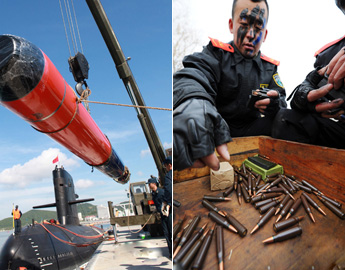


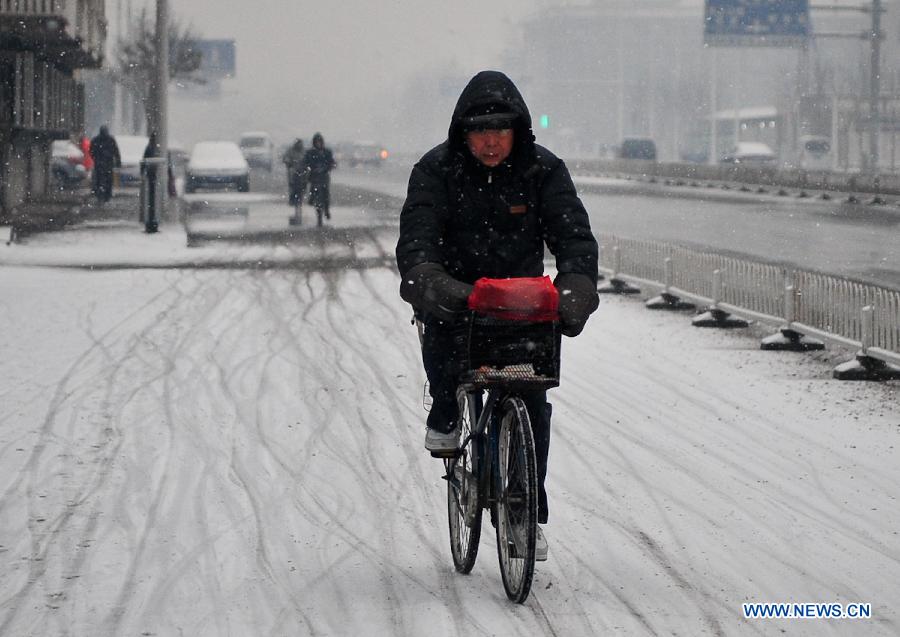
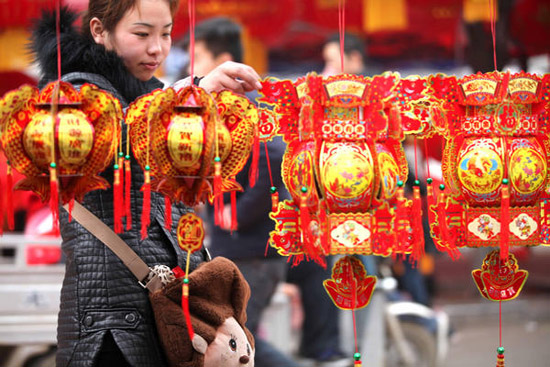
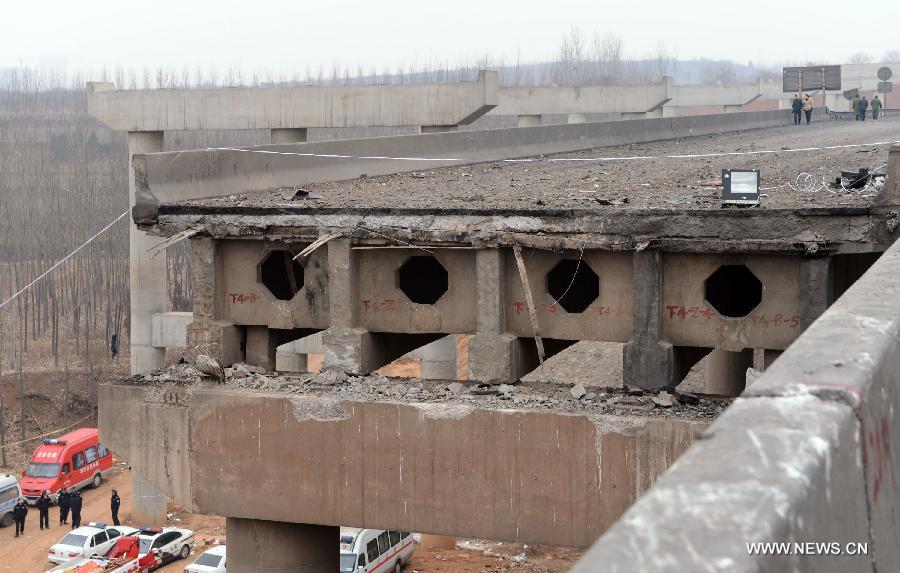


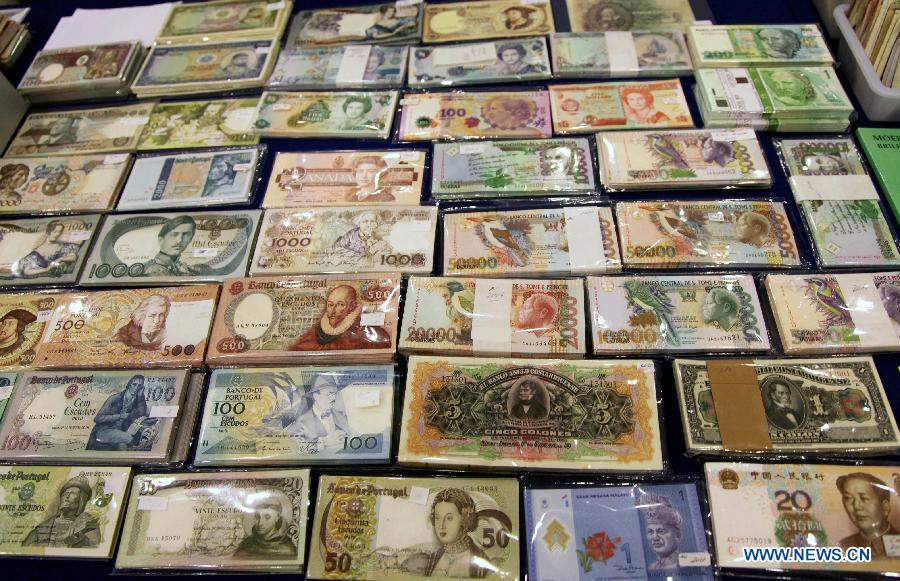
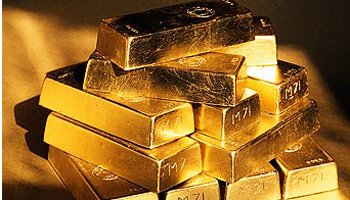






 H.K. limits visitors' buying of infant formula
H.K. limits visitors' buying of infant formula


![]()
